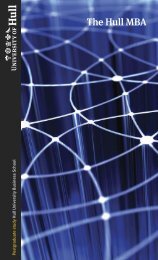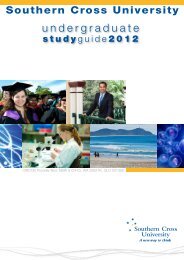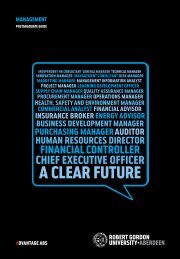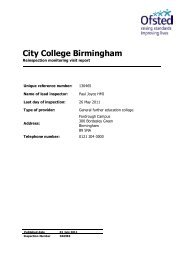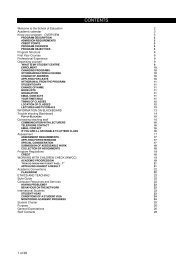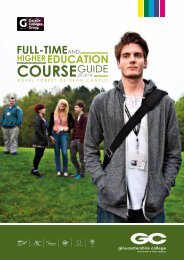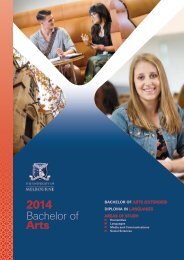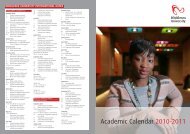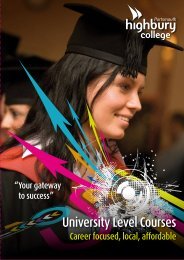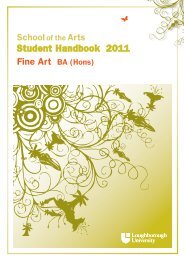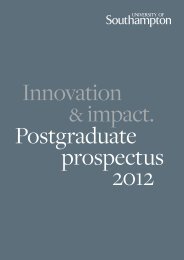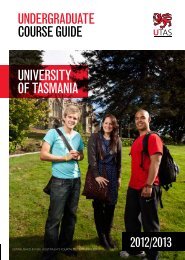2011 Fall Festival Highlights CMU Launches School of Business ...
2011 Fall Festival Highlights CMU Launches School of Business ...
2011 Fall Festival Highlights CMU Launches School of Business ...
You also want an ePaper? Increase the reach of your titles
YUMPU automatically turns print PDFs into web optimized ePapers that Google loves.
PRESIDENT’S MESSAGE<br />
It is no secret that over time many Christian colleges and<br />
universities gradually shed their Christian underpinnings,<br />
raising the obvious question: “How can a Christian college<br />
or university ensure that it remains vibrantly faithful to its<br />
distinctive identity and mission?”<br />
Robert Benne, a Lutheran theologian, examined six colleges<br />
and universities with this question in mind. Perhaps<br />
counter intuitively, he argues that to step away from a<br />
particular denominational identity and relationship is a<br />
step toward secularization. 1 He warns against the common<br />
temptation <strong>of</strong> church-related institutions to become generically<br />
Christian in an effort to be more inclusive as a way <strong>of</strong><br />
responding to student market pressures.<br />
An institution may be welcoming to any and all, but it<br />
must at the same time have a clear sense <strong>of</strong> its foundational<br />
identity. Indeed, it may be said that<br />
to be truly hospitable requires being<br />
comfortably at home in a particular<br />
tradition.<br />
Some years ago, Richard Hughes<br />
suggested that for Christian colleges<br />
to mature into first-rate institutions,<br />
even as they live out <strong>of</strong> the faith<br />
tradition that gave them birth, they<br />
need to interrogate that tradition,<br />
asking, what about that tradition<br />
gives shape to the educational model<br />
<strong>of</strong> that institution? In other words,<br />
he emphasizes not shrinking from<br />
the particularity <strong>of</strong> an institution’s<br />
identity, but rather understanding<br />
that tradition, and then developing an<br />
institution true to it.<br />
I have at times suggested five themes I consider to be<br />
important in the Mennonite faith tradition, each <strong>of</strong> which<br />
plays a critical role in <strong>CMU</strong>:<br />
1. that the Christian faith is not only a set <strong>of</strong> beliefs, but<br />
inextricably includes a way <strong>of</strong> living, a following<br />
<strong>of</strong> Jesus Christ;<br />
2. that such a way <strong>of</strong> living must pay attention to the weak,<br />
the poor, the oppressed, and so service and justice are<br />
important;<br />
3. that political states cannot have ultimate authority,<br />
or be the source <strong>of</strong> our primary identity, and so a global<br />
perspective is instinctive;<br />
4. that violence can never be the solution to disagreement or<br />
difference;<br />
5. that community and relationships and mutual support are<br />
fundamental.<br />
In his study, Hughes goes on to describe what he considers<br />
<strong>CMU</strong> President Dr. Gerald Gerbrandt<br />
to be the particular genius <strong>of</strong> four different denominational<br />
traditions (Roman Catholic, Reformed, Lutheran, and Mennonite),<br />
and how that particular genius works itself out in a<br />
college or university. His take on the Mennonite approach<br />
to higher education is noteworthy. Its starting point, he<br />
suggests, “has more to do with holistic living than with<br />
cognition and more to do with ethics than with intellect.” 2<br />
Whereas the Reformed approach is “fundamentally cerebral<br />
and transforms living by thinking, the Mennonite model<br />
transforms thinking by living.” This may not be the way we<br />
have traditionally put it, but is consistent with our historic<br />
emphasis on ethics and discipleship. Perhaps overly positively,<br />
he continues, “Mennonites prize the life <strong>of</strong> the mind,<br />
but they rarely divorce cognition from lifestyle commitments<br />
grounded in the Christian faith. 3<br />
When <strong>CMU</strong> programming was<br />
shaped in the late 1990s, it included<br />
a somewhat atypical expectation,<br />
namely that all degree programs<br />
require a practicum (see the stories<br />
in this issue). This is not only where<br />
classroom learning is translated into<br />
life, but also where experience is the<br />
basis <strong>of</strong> learning. The <strong>CMU</strong> Vision<br />
Statement speaks <strong>of</strong> this commitment<br />
with the phrase “Learning through<br />
thinking and doing.” The Outtatown<br />
program embodies this commitment<br />
in a wonderful way as students,<br />
together with mentors, learn from<br />
their travels and experiences.<br />
The newly launched Redekop <strong>School</strong><br />
<strong>of</strong> <strong>Business</strong> is a further example <strong>of</strong> this conviction and<br />
<strong>CMU</strong>’s Anabaptist identity. Using both classroom and experiential<br />
learning, it will prepare future business leaders to<br />
serve their fellow humans and to make a beneficial impact<br />
on our world. An effective and vibrant future for <strong>CMU</strong> is<br />
dependent on remaining faithful to this identity.<br />
1. Robert Benne, Quality with Soul. Grand Rapids, Michigan: Eerdmans,<br />
2001; pp. 20-23.<br />
2. Richard T. Hughes, How Christian Faith Can Sustain the Life <strong>of</strong> the<br />
Mind, Grand Rapids, Michigan, 2001; p. 76.<br />
3. p. 78.<br />
<strong>Fall</strong> <strong>2011</strong> 1



